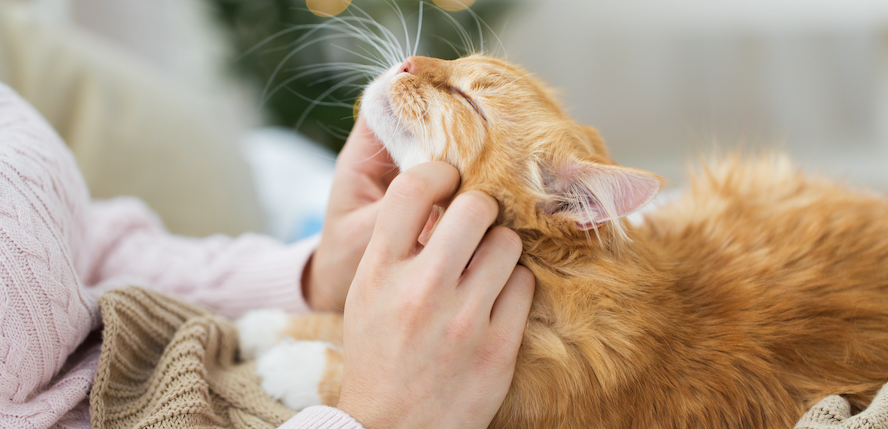Cats are…quirky on their best days and downright puzzling on their worst. As a caring cat owner, you’ve surely seen your fair share of interesting cat behaviors. How can you tell when your cat is just being a cat and when the behavior is a sign of a bigger issue? Westarbor Animal Hospital has tips on deciphering cat behavior so you know if you need to worry about your feisty feline:
Normal Cat Behaviors (That May Seem Abnormal at Times)
While each cat has a unique personality of his or her own, there are some universal cat behaviors that you can expect to see if you have a kitty in your life. Some of the most common “normal” cat behaviors include:
- Regular grooming
- Kneading
- Purring
- Scratching
- Meowing
- Jumping
- Stalking
- Tail twitching
- Head butting
- Playing at night
All of these behaviors are considered normal for cats, and are often signs of a content feline. If you notice that your cat stops doing any of the above, that could be a sign of a health issue. Schedule a wellness visit with your veterinarian whenever you notice significant changes in your cat’s behavior. Your veterinarian can ensure that your cat is healthy and feeling his or herself.
Abnormal Cat Behaviors
Anything from improper socialization to health issues can contribute to a cat exhibiting abnormal behaviors. Keep an eye out for the following and contact your veterinarian if you think your cat needs to be examined:
Eating Non-Food Objects: If your cat is starting to chow down on items like rubber bands, cords, plastic, or even kitty litter, it could be a sign of Pica. This could be an unexplained behavioral issue, or it could signify a health problem like anemia or liver disease. It is definitely best to have a veterinarian examine a cat who is feasting on non-food items.
Phobias: Cats have quick instincts, so they might jump or startle often. If your cat has an extreme fear of a certain activity or person, it could be a phobia. Cats with phobias might start to become aggressive or attempt to run away. Talk to your veterinarian about anxiety help for your cat.
Litter Box Changes: Health
y cats tend to stick to pretty regular bathroom habits. If you notice any big changes in your kitty’s litter box behavior, this could be a sign of an issue. Let your veterinarian know about any changes you’ve noticed. They can perform an exam and find the source of the problem.
Changes with Food Habits: If your typically hungry cat is suddenly not interested in food and it lasts more than 24 hours, your kitty might not be feeling his or her best. Whether it’s a dental issue or another medical problem, it is important to get your cat examined to find a solution and return them to their normal, hungry self.
At Westarbor Animal Hospital, we always want the best for you and your pets. Our caring staff is here to ensure your pets always have access to the veterinary services they need. To learn more about our services or to schedule an appointment, please call (734) 769-5391.


